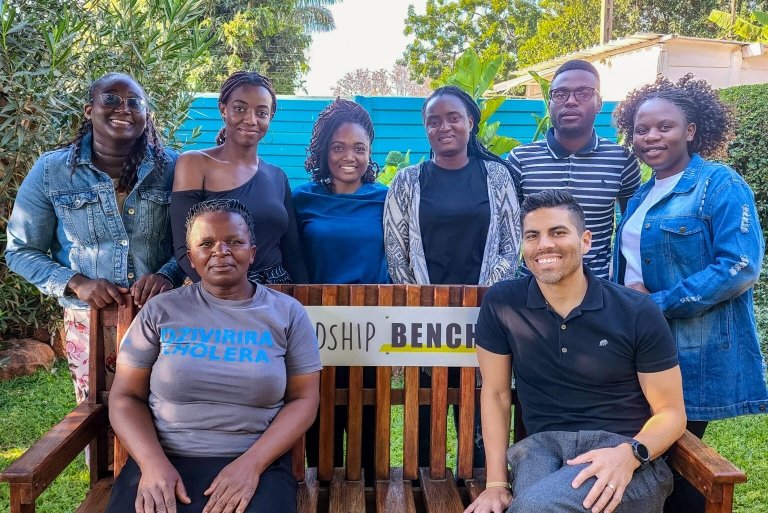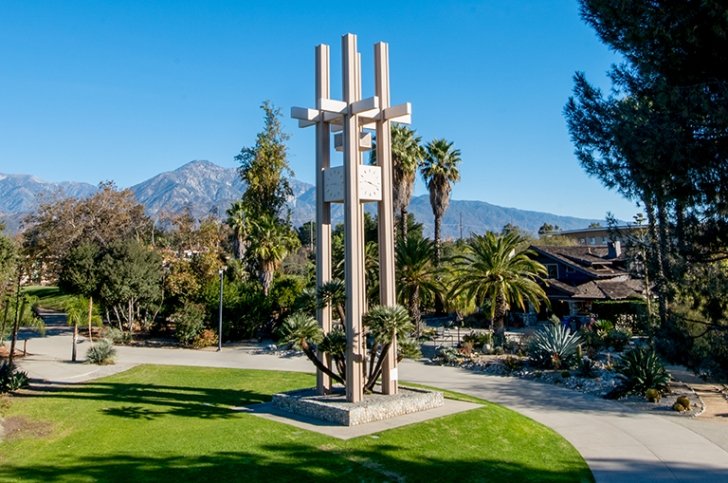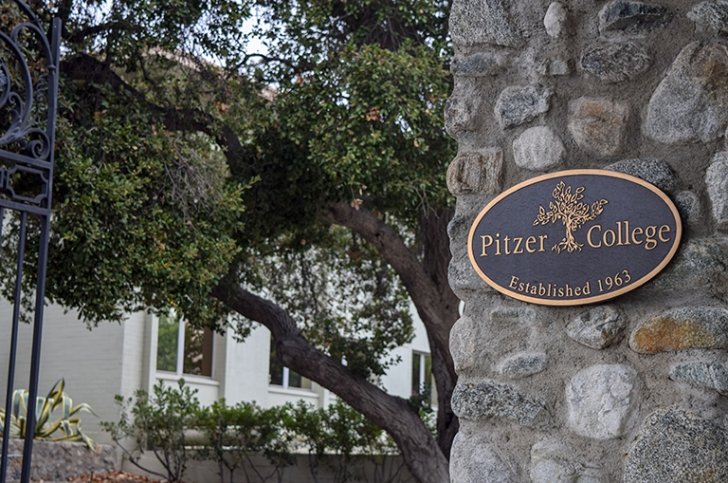Pitzer Professor Expands Mental Healthcare Globally With Friendship Bench Zimbabwe
Rodriguez and his students have led virtual trainings for Friendship Bench Zimbabwe’s lay health workers to integrate dialectical behavior therapy and crisis response strategies into their practices

“Why I train grandmothers to treat depression”: This 2018 TED talk by Dixon Chibanda about Friendship Bench Zimbabwe planted a seed that Associate Professor of Psychology Marcus Rodriguez has brought to fruition in a new cross-cultural partnership.
Chibanda founded Friendship Bench Zimbabwe to bridge the country’s mental health treatment gap through community-based psychological intervention. Rodriguez established the Global Mental Health Lab at Pitzer with a similar goal of expanding scalable, feasible, and culturally appropriate mental healthcare worldwide.
In summer 2022, Pitzer’s Institute for Global/Local Action & Study (IGLAS) sent Rodriguez to Zimbabwe to learn more about the Friendship Bench program and begin a partnership. A year later, Rodriguez and his students have led virtual trainings for Friendship Bench Zimbabwe’s lay health workers to integrate dialectical behavior therapy and crisis response strategies into their practices.
“My team at the Global Mental Health Lab is deeply committed to the same mission [as Friendship Bench Zimbabwe] of making mental health care more accessible,” said Rodriguez. “Thank you Pitzer College and IGLAS for making this work possible!”
IGLAS prepares Pitzer students to become engaged, socially responsible citizens of the world by infusing global/local issues in a robust curriculum that cultivates intercultural literacy and engaged learning throughout students’ academic careers.
For more information, visit Friendship Bench Zimbabwe and IGLAS.
News Information
Published


